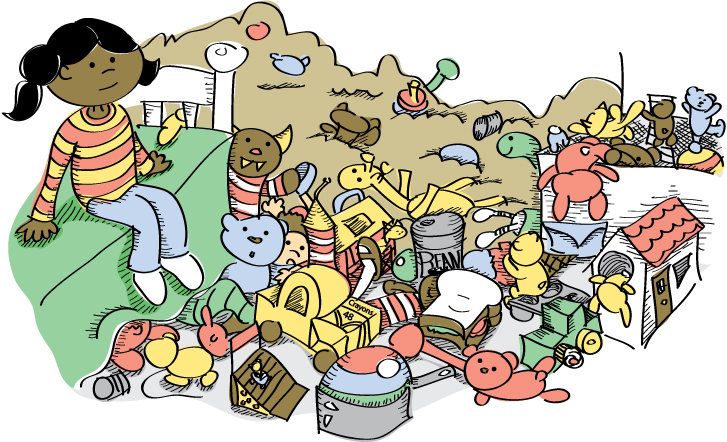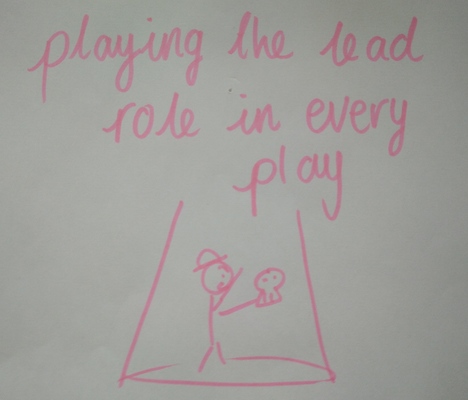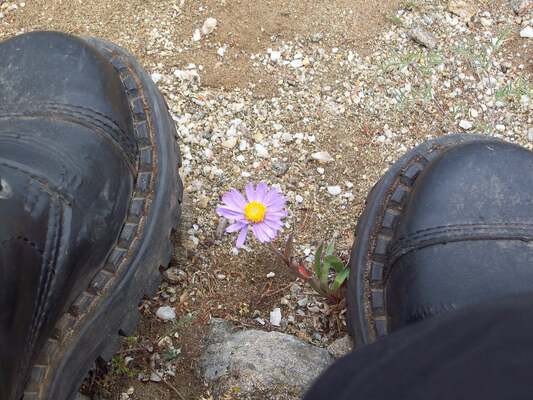
We are approaching a new academic year, new groups, new kids, new beginnings. What a happy coincidence that it is right now that I found this particular report and got to reminisce about this particular lesson that I observed many (many) years ago. Here is my start-of-the-new-academic-year post!
A quote from the report
‘It was a pleasure to watch you with that class and you have no idea what difference it makes to have a teacher who actually feels at ease in a PW class and who wants to be there. The kids can sense it and respond to it. There were many great activities and clear evidence of routine and good classroom management. Well done!’

And it was a memorable lesson for a number of reasons…
The were two teachers working at one of the branches of my school. One of them got in touch asking for help. One of her groups was a group of pre-schoolers and it wasn’t going very well. She went through the initial orientation and lesson planning with a senior teacher but, somehow, as it sometimes happens, it was not coming together. She requested to be taken off the group. It was an option that was being considered but, we wanted to see first if there was anything to be done and I went to observe the group.
Admittedly, it was not the easiest group. It was quite big, by our standards, filled up to the maximum (we had 8 as the maximum number), the kids were beginners but as it sometimes happens in language schools there were of different ages, there was a four-year-old and two six-year-olds and one of the children was also dealing with some attention disorder (according to what I could observe in one lesson).
It was not the best lesson. The teacher was trying, doing her best but, at heart, she must have already decided that this is not something that she wants to do and it was obvious, to the observer and, apparently, to the kids, too.

Two weeks and three lessons later, this group had a different teacher…
And that’s because we were lucky. During one of our training sessions, I literally bumped into the teacher and, in the hallway, in-between the training sessions, snacks and coffee, she asked me if I know of any ‘homeless’ group of pre-schoolers because she said, she would really really start teaching one. She had never done that.
And although I try to avoid doing it, this one time, I found myself observing the teacher in her first lesson with a group. I was sitting at the back of the classroom, with a piece of paper, taking notes and I could not believe my own eyes. Literally.
There must have been some magic done, some spells cast or, during these few days between the two lessons and the two teachers, these kids were tranformed into focused, well-behaved, engaged pre-schoolers! There were a different group of kids.
Everyone came, the older and the younger and the suspected ADHD, a full house! The teacher got some information about the group and the course from the previous teacher, she had some time to prepare. The teacher did her best to follow the routine of the pre-school groups that we had at the school and to manage the class. Nonetheless, it was her first lesson ever, with this group and with this age group.
Great teachers are made, not born and it was not her best lesson and it could not have been. She was just starting with the group, she was still at the stage of memorising the kids’ names and faces and yet, it was a good lesson. Not so much because of the appropriate tasks, instructions, staging and materials but because the teacher wanted to be in the classroom and, somehow, the kids knew it and they appreciated that and, as a result, they responded well to whatever it was that she brought with her. Everything else, the great results, the pleasure and the Above Standard lessons came later.

Why it is good news for all the teachers starting with a new group / level / age group / coursebook
- Great teachers are made, not born. Even if the beginnings are complicated, stressful and scary, things are going to get better and they are going to get better thanks to the number of minutes, hours, weeks, months and years clocked in in front of a group of students. These number of minutes has its beginnings in the very first lesson.
- You as a teacher, you can really (really) make a difference by planning the lesson and by preparing for who and what you might encounter in the lesson. By choosing the appropriate activities, by considering the things that can go wrong, by writing the lesson plan for your primary or pre-primary students, with a lot of variety, by reading about the first primary lesson survival kit and about the first pre-primary lesson survival kit, or about all the things that I wish I had known before my first lesson in pre-primary.
- You, as a teacher, you can really (really!) make a difference by preparing yourself mentally for the first lessons and by believing in yourself! The one piece of advice that I always give my teachers about to step into the pre-school or primary classrooms is this: SMILE! That is because a smile can get us far and further! It is not so much about maintaining your muscles pulled into a shape of a croissant but about remaining cheerful. Things might not go to plan in this first lesson but it is absolutely necessary to remember that they will get better in lesson 2, 3, 4 and 5. As it is necessary to remember that we are great teachers and we love what we do. And that we do our best. When we do our best, of course, although, I personally think that most of the teacher try to do their best, on daily basis.
- We are all a little bit stressed and feeling uneasy before the first lessons, all of us. Even those who are experienced teachers and trainers. Sorry! It is true the levels of confidence go up and the levels of stress go down with time but it is never completely relaxed. The only difference now is that at this point I am aware of the fact that things might not be perfect but I will know how to handle it. It is not ‘Oh, no! What if…’ and more like ‘Oh, ok, bring it on.’
- Power to you, dear teacher!

What other advice would you give to a teacher who is about to start teaching Young Learners? Leave a comment in the comments box!
Happy teaching!





















































